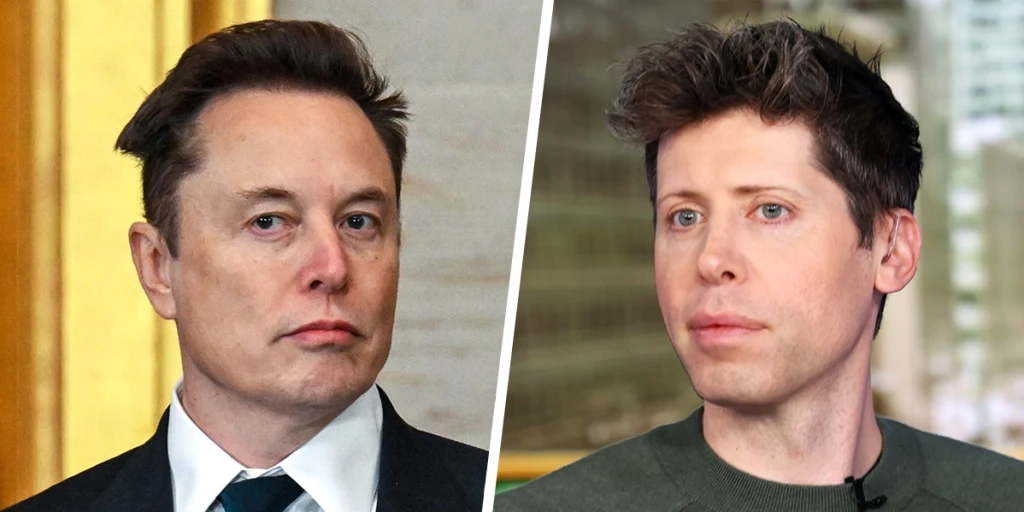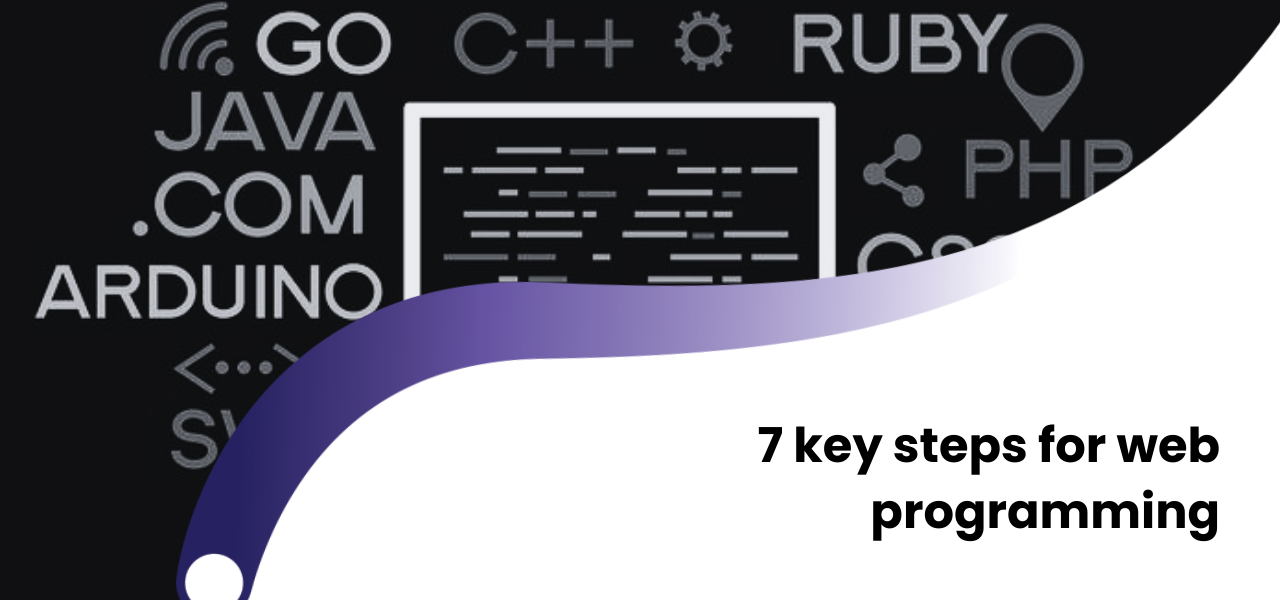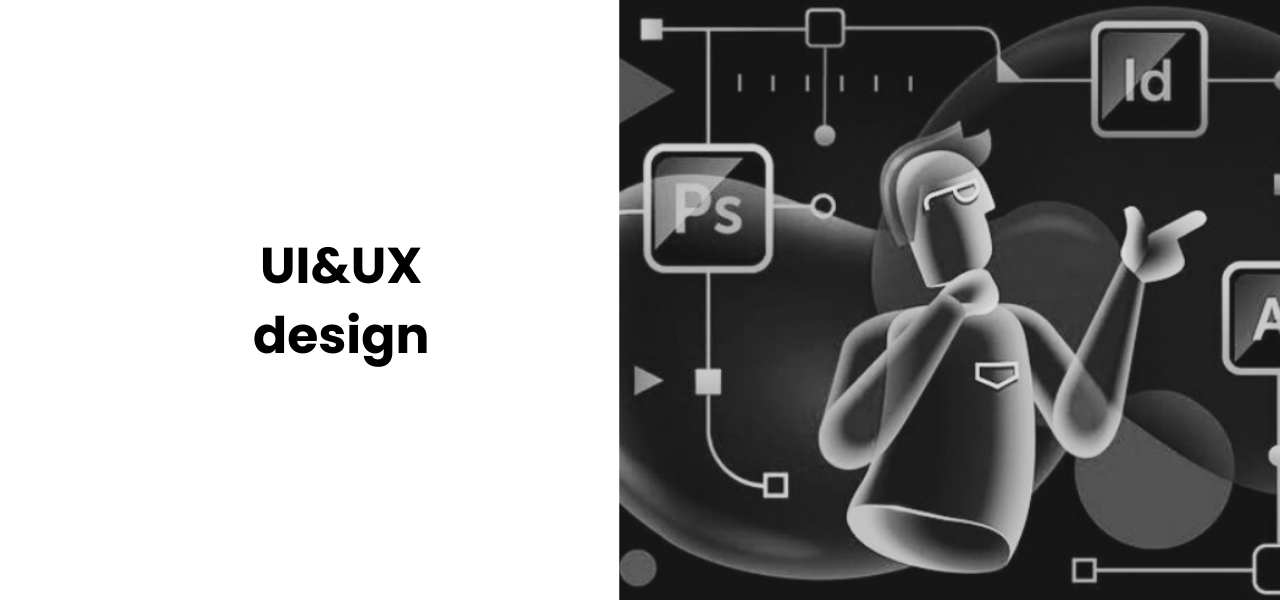Below, we follow this story in chronological order.
2015 – The Founding of OpenAI
In December 2015, OpenAI was officially announced. The organization’s mission was to develop AI in an open and beneficial way for humanity
Elon Musk, Sam Altman, Greg Brockman, Ilya Sutskever, and other well-known figures stood behind this mission.
Musk pledged up to $1 billion in funding for OpenAI. His main motivation was to counterbalance Google’s DeepMind and prevent AI from becoming a dangerous monopoly.
2016–2017 – Early Success and Musk’s Warnings
OpenAI quickly achieved remarkable results: AI experiments in games, natural language processing models, and robotics.
During this period, Musk often warned the public about the potential dangers of AI. He repeatedly stated that AI could be more dangerous than nuclear weapons.
At this stage, OpenAI still adhered to non-profit and open-source principles.
In February 2018, Elon Musk resigned from OpenAI’s board of directors.
The official reason was a conflict of interest with AI projects at Tesla and SpaceX. However, behind the scenes, there were reports of serious disagreements between Musk and OpenAI leadership regarding strategy and direction.
After leaving, Musk also reduced his financial support for OpenAI.
2019 – OpenAI LP and the Shift Toward Commercialization
In 2019, OpenAI created a hybrid structure called “OpenAI LP.” This model allowed the organization to attract investors while maintaining its mission.
Microsoft invested $1 billion in OpenAI.
Musk harshly criticized this decision, arguing that OpenAI was moving away from its original “open and non-profit” principles.
OpenAI introduced GPT-3, a massive language model that revolutionized AI.
However, GPT-3 was not released openly – it was only available via a commercial API. This further fueled Musk’s dissatisfaction.
On social media, Musk often claimed that OpenAI had already turned into a “closed and profit-driven” company.
2022 – The Rise of ChatGPT
In November 2022, OpenAI launched ChatGPT. Within a short time, it gained millions of users and became the top topic in the AI world.
This success pushed OpenAI further toward a commercial image.
Musk, on the other hand, repeatedly tweeted (later on X) that OpenAI had “betrayed its original mission.”
2023 – Musk’s Open Attacks
Musk publicly accused OpenAI of turning into “a closed-source Microsoft company.”
He emphasized that OpenAI had abandoned its principle of working “for the benefit of all” in favor of “profit and market dominance.
That same year, Musk founded his own AI company – xAI – with the goal of creating a competitive, transparent, and safe AI.
In February 2024, Elon Musk filed a lawsuit against OpenAI, accusing it of violating the original promise of being “open and non-profit.”
In response, OpenAI claimed Musk had once promised more financial support but failed to fully deliver on his commitments.
These mutual accusations further intensified the Musk–OpenAI conflict.
Currently, the relationship between OpenAI and Musk remains tense.
Musk is working on an alternative language model called “TruthGPT” through his company xAI, while continuing to criticize OpenAI’s approach.
Meanwhile, OpenAI is focused on maintaining its market leadership with the development of GPT-5.
Deepening Legal Battle
Musk’s lawsuit from 2024 could drag on for years, affecting both OpenAI’s operations and investor trust. If the court rules in Musk’s favor, OpenAI might have to restructure its business model.Potential Cooperation
Although it seems unlikely, cooperation could emerge under certain circumstances. If a global consensus on AI safety develops, both OpenAI and xAI might play roles together.Public Reaction
Public trust is crucial for the success of AI companies. If OpenAI fails to soften its “closed and commercial” image, alternatives like xAI could gain public support. Musk’s personal brand will also play a significant role in this rivalry.
Conclusion
The history of Elon Musk and OpenAI started with shared ideals but evolved into deep conflict. This confrontation highlights not just personal and business interests, but also broader questions about the future, ethics, and governance of AI.
For Musk, the main issue is preventing AI from becoming a dangerous monopoly. For OpenAI, survival means adopting a commercial model to grow in real market conditions.
It is clear that in the coming years, the Musk–OpenAI struggle will shape both the pace of technological progress and its ethical boundaries.
 +994512060920
+994512060920





